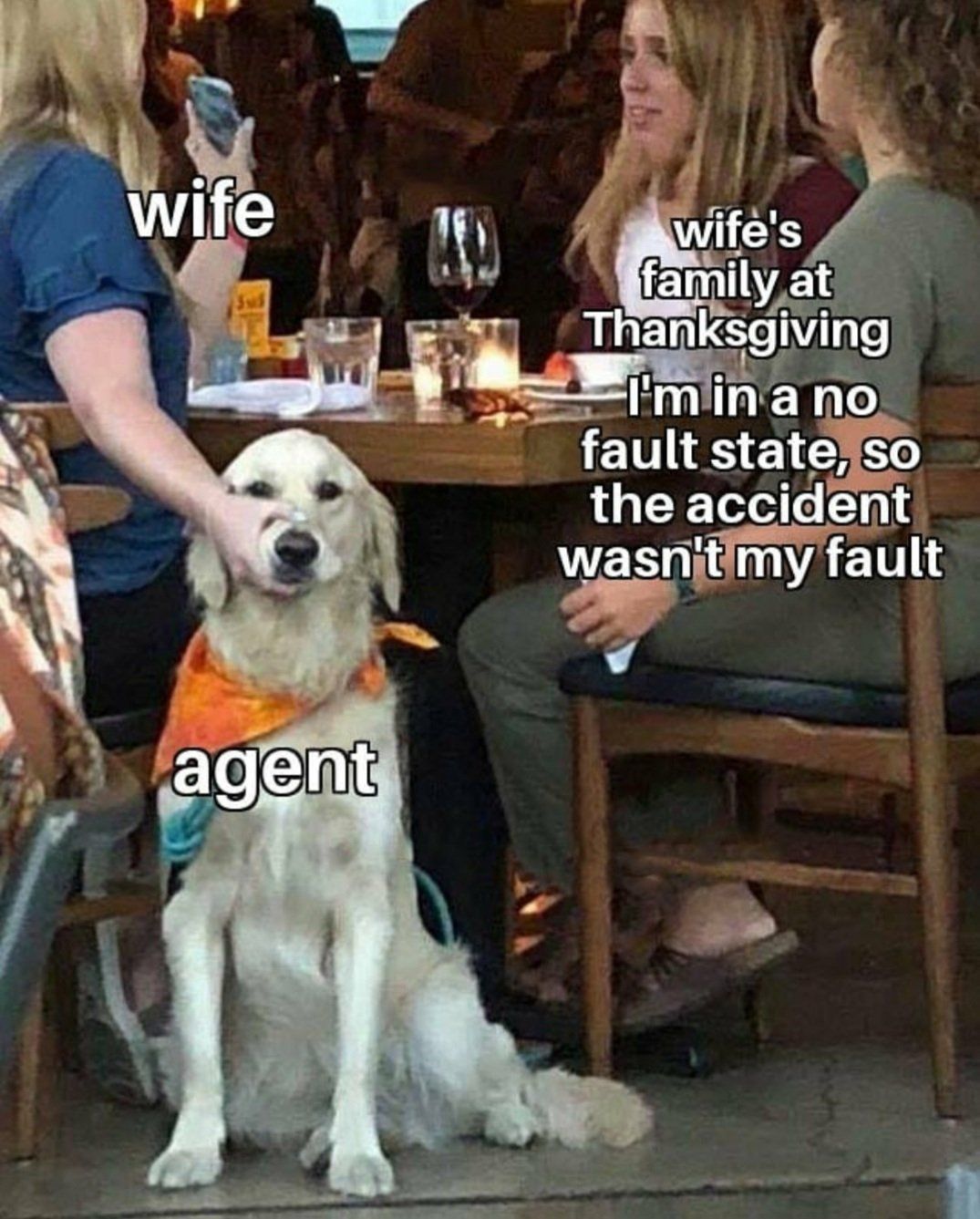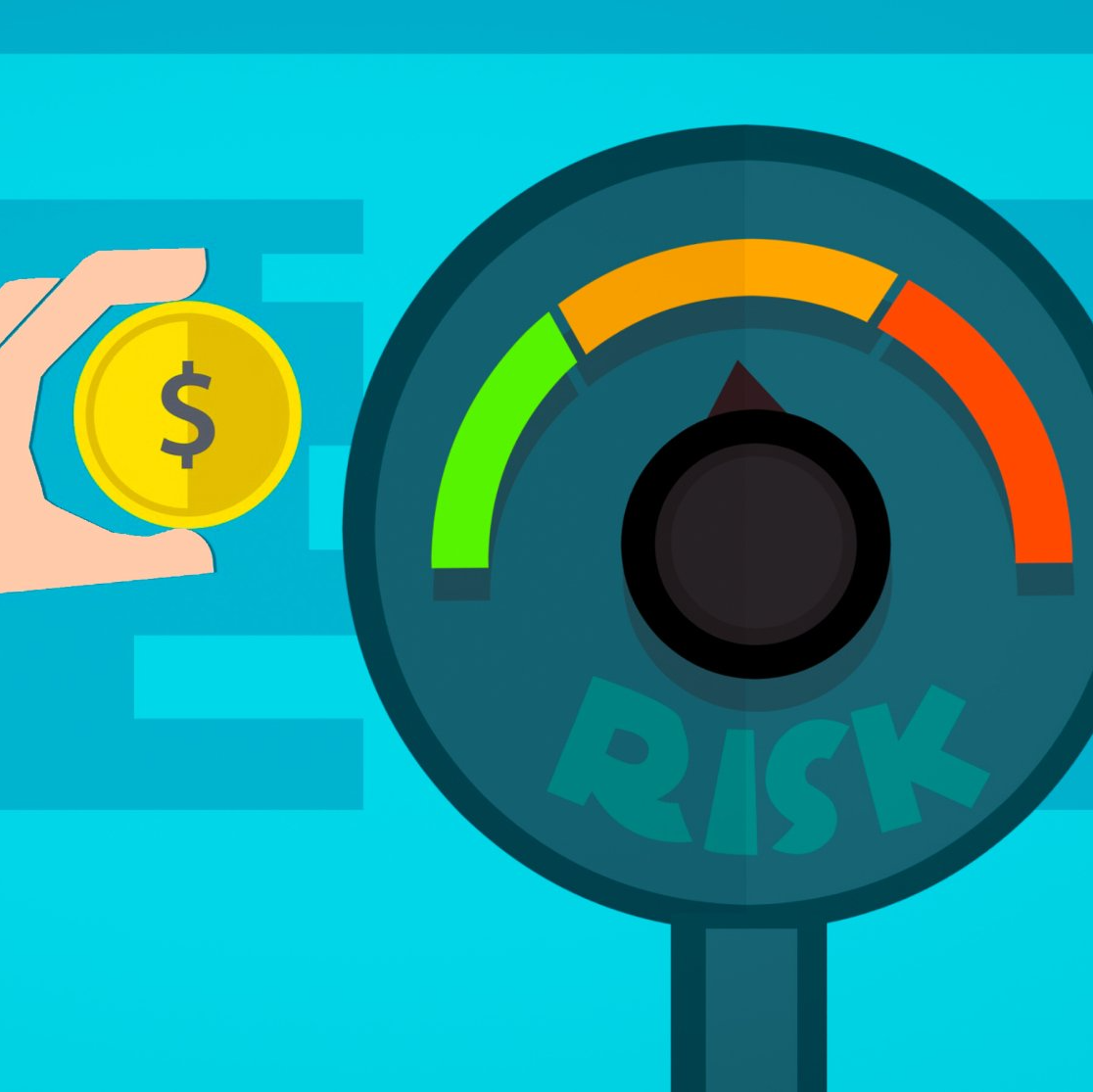Over the holiday weekend, I was sent this meme about no-fault insurance which induced a giggle and then a pause. Does my family really know what it means to be living in a no-fault state?
In the 12 no-fault states in the USA, insurance belonging to the driver is used to cover their own injuries and damage rather than insuring to pay out to the other person. An easy way to remember what no-fault means is that regardless of who caused the incident, everyone is required to file a claim with their own insurance. In most no-fault accident states, drivers are required to have personal injury protection (PIP) coverage as part of their auto insurance policy. PIP pays for things like health insurance deductibles, lost wages, essential services you are unable to perform due to accident-related injury, funeral expenses and medical expenses exceeding coverage limits.
There are 12 no-fault states is the USA. Florida, Michigan, New Jersey, New York, Pennsylvania, Hawaii, Kentucky, Massachusetts, Minnesota, North Dakota and Utah.
In the event of an accident, property damages are based on who is responsible in no-fault car accident states. The rules surrounding auto accident lawsuits in no-fault auto states are strict. These rules are known as threshold conditions and relate to the severity of the injury sustained in the auto accident.
No-fault insurance remiums and deductibles are your financial responsibility — even when you didn’t cause the accident. No-fault insurance will not pay for your car repairs. There is no such thing as no-fault insurance for automobile property damage. No matter where you live, the at-fault driver is responsible for paying for car repairs.
Let us break this down a little further.
The PIP coverage limit required is determined at the state level. As an example, Florida requires residents to carry $10,000 worth of Personal Injury Protection (PIP) and $10,000 of Property Damage Liability (PDL). The PDL does payout for damages if a driver is at fault and causes damage to someone’s vehicle or property. The PIP is the no-fault part where each injured person makes a claim on their own PIP coverage to pay for medical bills.
Besides liability and PIP coverage, some states also require uninsured/underinsured motorist coverage to financially protect drivers from crashes with uninsured parties.
Why would you want to be in a no-fault insurance state? The general benefit is to make sure everyone has a minimum level of coverage for injuries without the delays and costs associated with determining who caused the accident. Also, these states see fewer frivolous lawsuits due to the limits imposed on suing someone after a crash. Since all motorists carry mandatory first-party coverage, people hurt in a car accident are not permitted to sue the other driver for compensation unless their injuries are severe.
Call your Florida account executive at Waldorff Insurance and Bonding today to make sure you are adequitly covered for your personal insurance needs.










